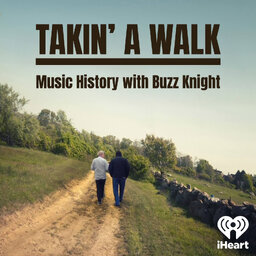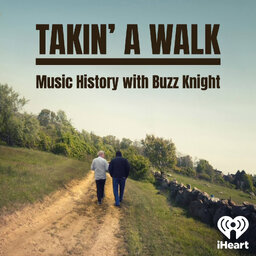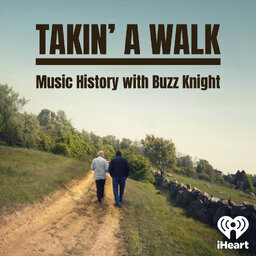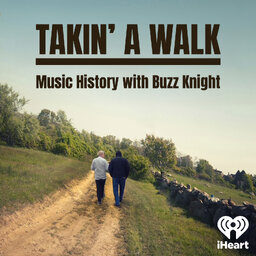""Takin' A Walk with Robert Walter: Three Decades of West Coast Boogaloo"-Indie Music Journey
Join @thebuzzknight for this episode with Robert Walter, founding member of the Greyboy Allstars. He is a prolific keyboardist known for his mastery of the Hammond B3 organ and Fender Rhodes. Walter's career spans three decades and has helped shape the sound of West Coast boogaloo.
If you have comments or suggestions, write buzz@buzzknightmedia.com
Like this show, share with your friends and leave a review here. Review
In 1 playlist(s)
Takin' A Walk - Music History with Buzz Knight
On the Takin’ A Walk-Music History Podcast, Buzz Knight goes deep with American music’s most iconic …Social links
Follow podcast
Recent clips

Buzz Knight and Jake Sumner Discuss Ron Delsener's Impact on Rock Music History and the new documentary "Ron Delsener Presents"
42:25

Discover How Walking Inspires Songwriting with Buzz Knight and Boy Golden: A Deep Dive into Indie Music Stories!
25:10

Takin A Walk with Buzz Knight : Billy Bob Thornton and J. D. Andrew Discuss Their Musical Evolution and Fan Connection-Encore Rock Music Interview
29:56
 Takin' A Walk - Music History with Buzz Knight
Takin' A Walk - Music History with Buzz Knight